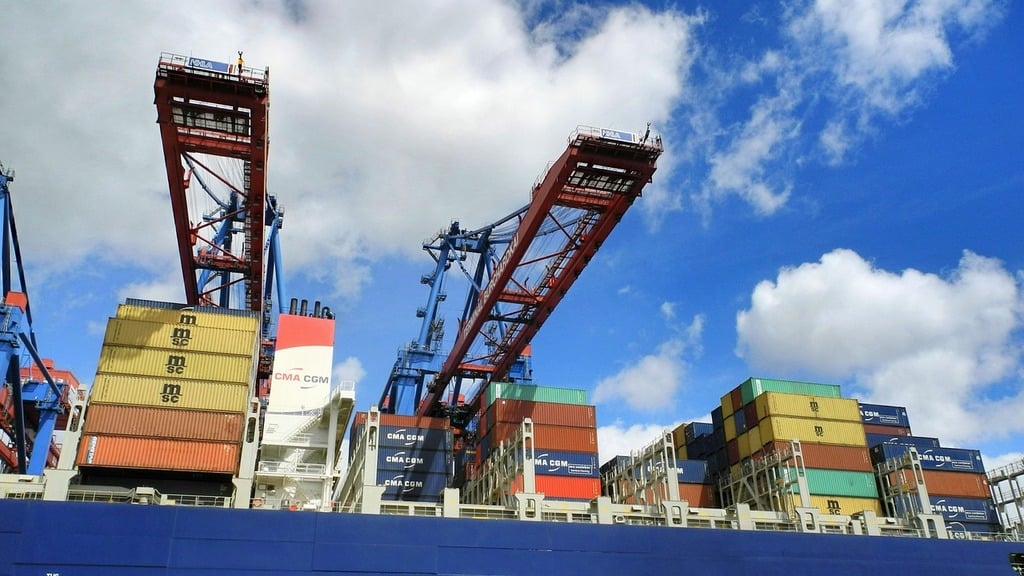Global Airlines Brace for Impact as Trump’s Trade Policies Fuel Economic Uncertainty
Airlines worldwide are grappling with significant uncertainty stemming from the Trump administration’s trade policies, as a global economic slowdown, or even a recession, looms. This unpredictable environment, marked by increased tariffs and rising borrowing costs, is forcing operators to conduct extensive scenario planning for an unprecedented range of future outcomes. Unlike the more predictable past, businesses now face a much wider spectrum of possibilities, which is already leading to delayed or canceled investment decisions across various sectors.
Deteriorating Outlook for Aviation
For the aviation industry, the outlook is particularly grim. Trade wars inherently hinder economic growth, and the escalating risks of a downturn suggest lower demand for both air travel and air cargo transport. Air cargo, being faster but more expensive than other logistical options, is highly sensitive to economic shifts.
Aerospace manufacturers face increased production costs due to tariffs, which will inevitably translate into higher fares for airlines. The global and complex nature of aviation supply chains, where components originate from numerous international suppliers, means that these raised prices and potential supply chain reconfigurations are likely to result in more delivery delays and capacity constraints for airlines.
Weakening Demand: Passengers and Cargo
The most fundamental impact on airlines is expected to be a weaker demand for both passenger and cargo traffic. Passenger demand is closely tied to GDP growth, and the deteriorating global economic outlook — influenced by reduced trade flows, falling stock markets affecting individual wealth, increased bond yields signaling higher government borrowing costs, and inflation concerns — all point towards a slowdown.
Long-haul airlines and flag carriers are likely to be more severely affected than low-cost carriers (LCCs) or those with less exposure to the U.S. market. Major U.S. airlines had already warned in March about declining domestic demand from both corporate and consumer segments due to growing economic uncertainty.
Airlines operating in the North Atlantic market face particular demand volatility. There’s already evidence that the Trump administration’s recent actions, including tighter border controls and new tariffs, are deterring non-American visitors from booking travel to the U.S.
Premium cabins, crucial for long-haul profitability, especially on routes like the North Atlantic, will likely be harder to fill. Reduced trade flows directly translate to lower business travel, impacting demand for business class. While private leisure travelers in premium cabins helped offset lower business traffic during the post-pandemic recovery, this demand is vulnerable to individuals’ falling net worth due to stock market declines, which generally dampens consumer spending.
The International Monetary Fund (IMF) recently cut its global growth forecasts, projecting weaker GDP growth for the U.S. and Europe compared to other major regions. This suggests a further weakening of North Atlantic air traffic demand. Indeed, March saw a 17% year-on-year drop in air visitors from Western Europe to the U.S., and second-quarter 2025 schedules indicate airlines are already reducing North Atlantic capacity.
Air cargo traffic growth, which is closely linked to trade flows and GDP growth, is also expected to suffer significantly from a trade war, impacting airlines with substantial cargo operations. Tariffs, regardless of their level, will exert additional downward pressure on demand.
LCCs, typically focused on short-to-medium-haul routes, economy cabins, and passenger traffic, are relatively better positioned than flag carriers. However, a softer economic outlook is unwelcome news for any airline.
Potential Mitigating Factors and Industry Sentiment
Despite the grim outlook, two factors could offer some relief, particularly for non-U.S. airlines:
- A weaker U.S. dollar: This would reduce the cost of USD-denominated expenses for non-U.S. airlines, most notably aircraft and oil. However, airlines with significant U.S.-originated sales would experience a negative revenue impact when converted to their local currencies.
- Falling oil prices: Recent declines in Brent crude prices translate to lower jet fuel costs. For non-U.S. airlines, a weaker dollar further amplifies these savings in their local currencies. Nevertheless, the drop in crude oil prices itself serves as a signal of a weaker global economic outlook.
In the U.S., some in the airline industry held out hope that a second Trump term might be positive for aviation, anticipating deregulation. Senior executives had noted improved dialogue with government officials under the new leadership. However, U.S. airlines now find themselves in a precarious “psychological tug of war,” grappling with optimism for positive changes while simultaneously reeling from the disruptive financial impact of current trade policies.
Ultimately, airline profitability for 2025 and beyond is paramount. The prevailing sentiment suggests that if the current tariff-induced turmoil continues, the industry could face consolidation, potentially leading to fewer airlines.
Click here for more on Business


